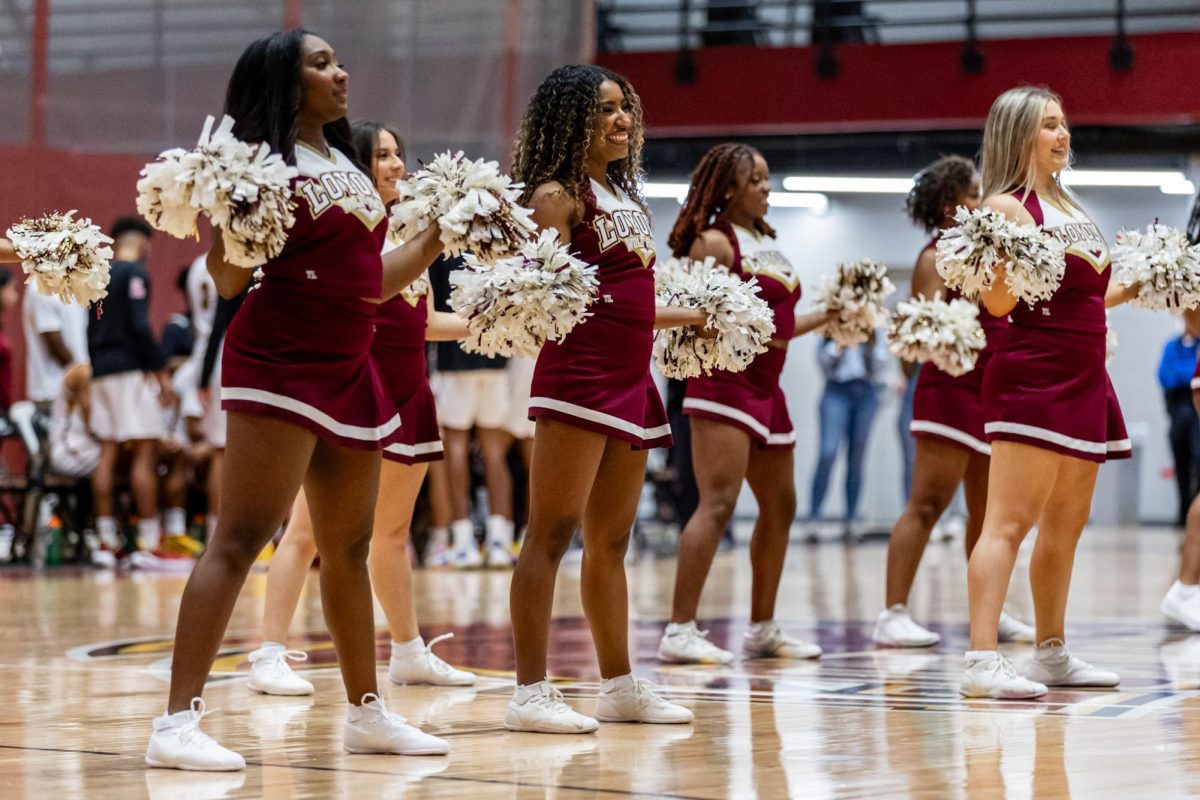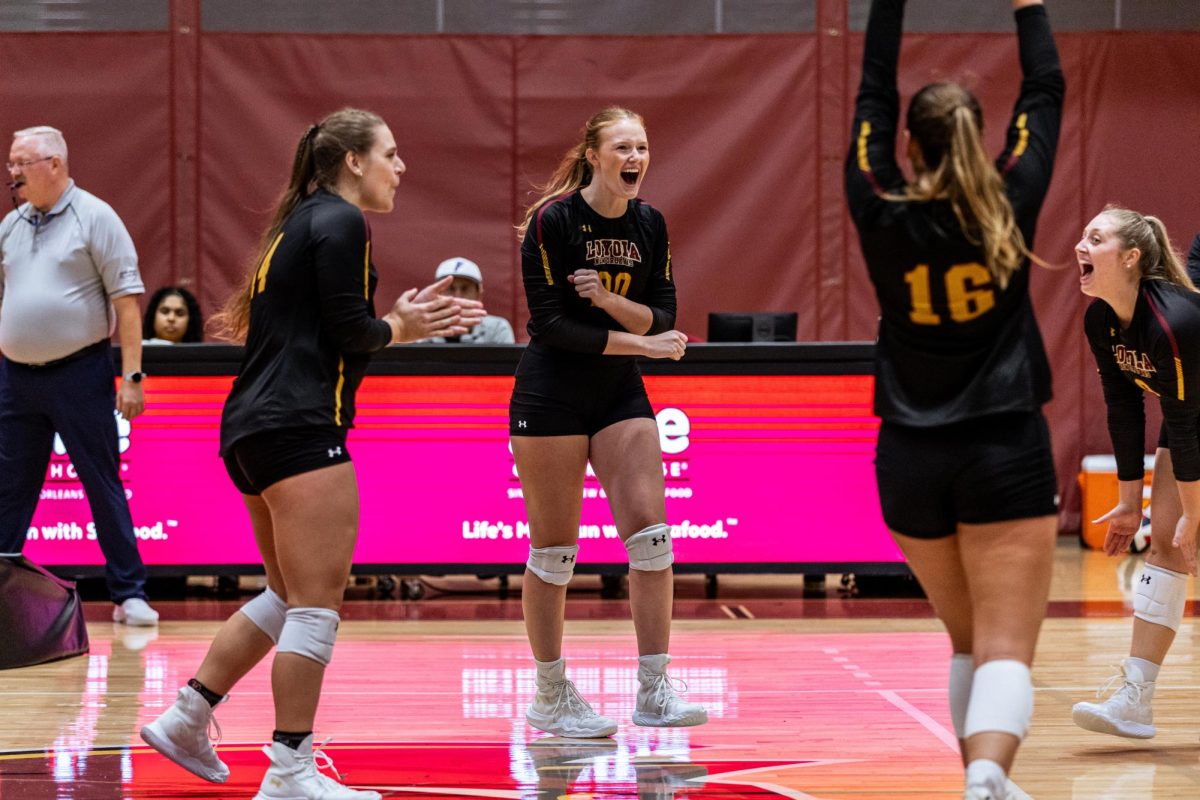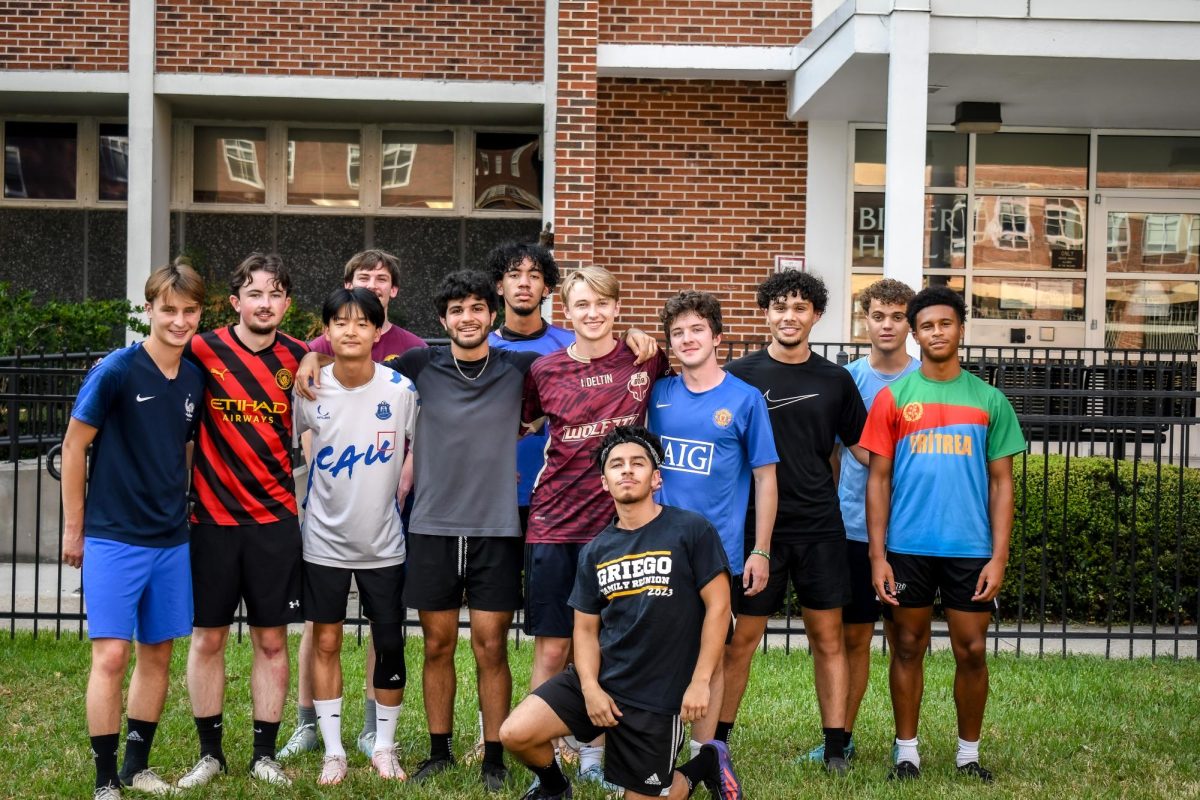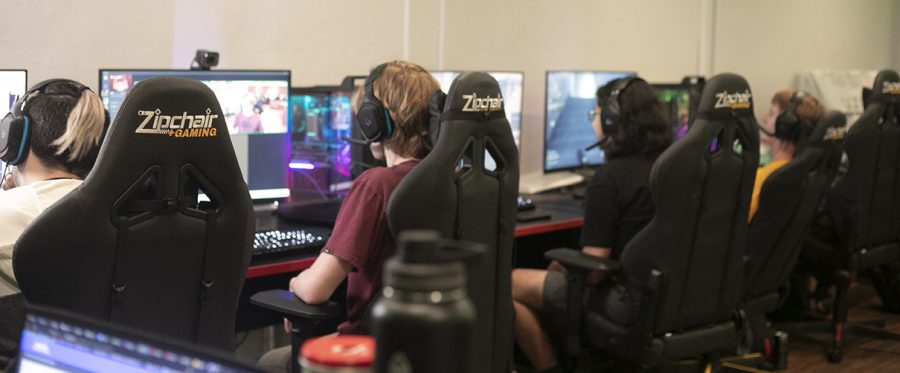Even the most loyal football fans often find themselves rooting for two teams during the NFL season.
Fantasy football is game of statistics where individuals create their own team based on players they draft.
The fantasy players must watch the games intently but also keep an eye on their players in their fantasy league. Unfortunately, with that can come a conflict of interest of who to root for when the player you need to help you win the fantasy matchup can also help defeat your home town team.
Players put together a team. One quarterback, two running backs, two wide receivers, one tight end, one kicker, and one defensive player make up their starting line, along with seven players that remain on the bench.
Leagues revolve around draft pick. Either from a random formula or their own design, each player gets a chance to pick who they want on their team. One the teams are drafted, each player, now with their own team, plays another team, one on one.
Mass communication senior Jerry Reese, and long-time New Orleans Saints fan, said that while the conflict arises, it is not at all a problem.
His quarterback plays for the Detroit Lions, and his lead running backs play for the Indianapolis Colts and the San Francisco 49ers.
Despite this, Reese said that on game day his rooting interests are clear.
“That confliction just doesn’t happen. The Saints winning is much more exciting to me than fantasy points,” Reese says.
Dan Babcock, economics junior, was born and raised in Boston and is an avid Patriots fan. Living in New Orleans, he still likes the Saints, but his starting quarterback plays for the Chicago Bears.
He doesn’t believe much of a conflict appears either. He said his ultimate goal is to have everyone he needs to take home the win.
“I want the Pats to win at all costs, but I want my players to score, even if they’re playing my team. I want the opposition to do poorly so both my players and the Pats win,” Babcock said.
Loyola Professor Ashley Howard was raised in Omaha, Neb., and never really developed any hometown connections to teams.
“I really have no loyalities, sometimes I see a special interest story on ESPN and I like something about a player so I draft them,” Howard said.
Howard said fantasy football is more of a connecting tool to her past. She plays in a 13 team league with friends from grad school.
“Now that we all have jobs and are scattered at different universities throughout the United States, this is actually what we used to keep in touch with one another,” Howard said.
Sarah Sziegeti can be reached at [email protected]







